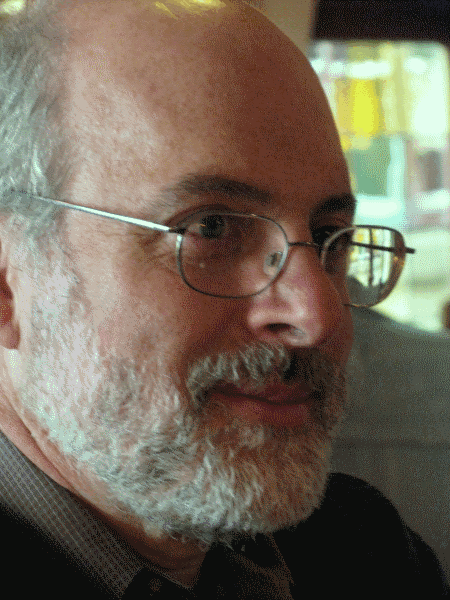| 1998 - 1999 CS Annual Report Faculty | ||
 |
||
include Oznur Ozkasap, Indranil Gupta and Zhen Xiao. Ken Hopkinson is looking at some issues raised when one tries to "reason" about applications designed to use Bimodal Multicast. A second focus involves developing formal methods to prove properties of reliable communication protocols, such as those used in Isis, Horus and Ensemble. These employ a reliability model called virtual synchrony, which provides a mixture of guarantees involving the membership of groups of processes in a dynamic distributed setting, handling of failures and recoveries, multicast to group members, and tools for initializing a joining process. Our work is joint with R. Constable's Nuprl project and N. Lynch's group at MIT, and uses Lynch's I/O Automata to formalize the behavior of Ensemble, after which Nuprl can be exploited to reason about and manipulate complex protocol stacks. Robbert van Renesse and graduate student Xioaming Liu are leading this activity. Our third focus is on ways of embedding reliability tools into widely used software settings. Werner Vogels is pursuing this in a component-based system he calls Quintet. The emphasis of Quintet is on developing very scalable cluster solutions for scalable, high performance, fault-tolerant servers. R. van Renesse is doing something similar, but his focus is on system management issues, using a system he called the RMIB. Bela Ban is developing a Java embedding of Ensemble, and graduate student Ben Atkin is embedding Spinglass into CMU's RVM, a transactional distributed shared memory system. As for me, I'm looking at the restructured electric power system as a potential source of challenging applications needing large-scale secure and reliable communication tools. Our hope through these efforts is to understand the needs better, looking at real and important technology areas, to show how such problems can be solved, and to demonstrate the solutions in settings of commercial importance. Finally, Tibor Janosi, Rimon Barr and Adrian Bozdog are developing a reliable and scalable architecture for electronic brokerage systems. Newspapers have reported many scalability problems with the existing systems of this sort. Our effort will explore architecture and systems challenges in making such systems scale to support really large numbers of clients. Not only is the problem itself interesting, we hope to gain insight into how our new tools can be exploited in leading-edge application settings. Our project is funded primarily by DARPA, with some additional funding from the Electric Power Research Institute and DDR&E. The project is directed by myself, R. van Renesse, and W. Vogels. B. Ban is visiting as a post-doc during 1998-2000, and Raoul Bhoedjang will be joining us in the fall. T. Clark manages our software distribution effort and generally keeps things running. University Activities
|
